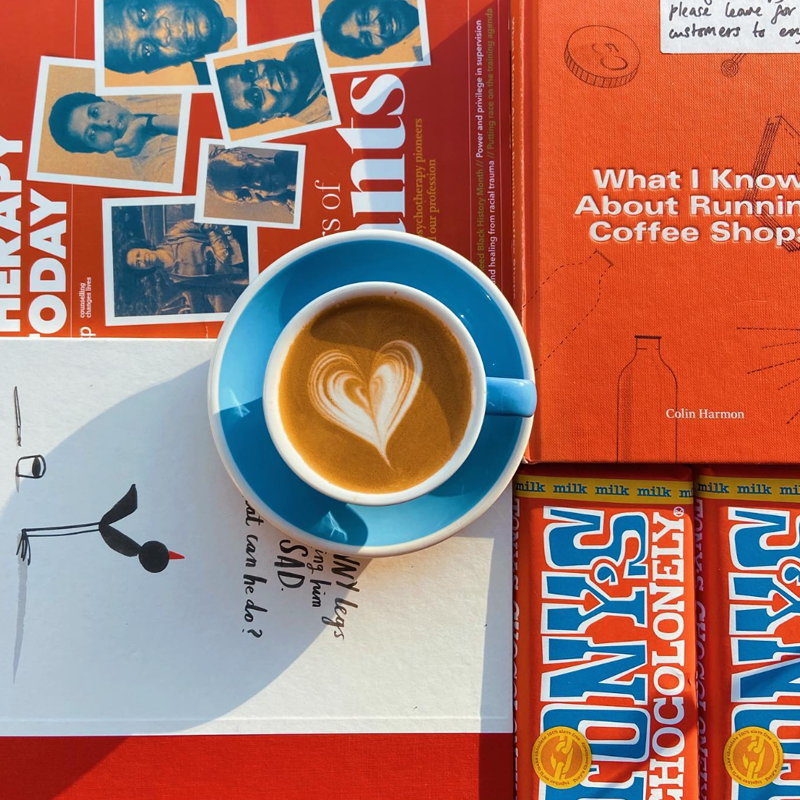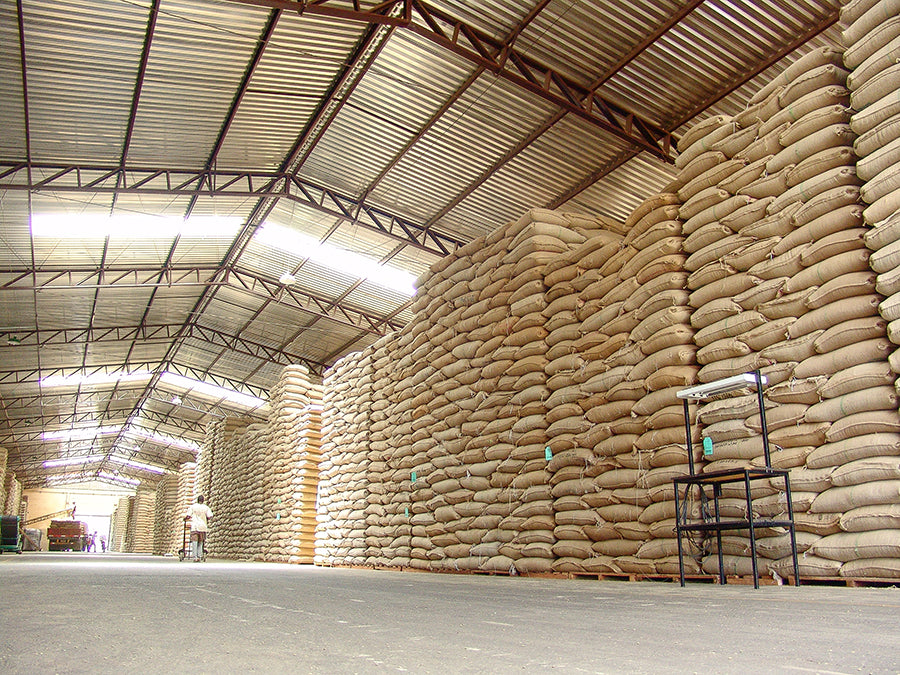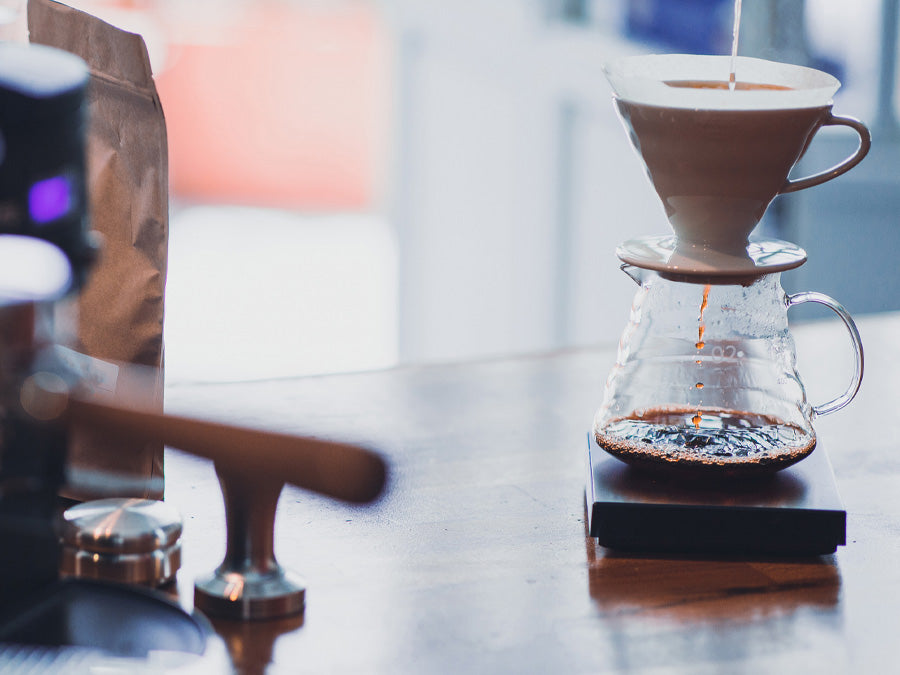Many of us hold our morning coffee rituals close to our hearts. Whether it's stirring a cup of instant coffee to life or expertly pulling an espresso shot from a sleek machine at home, we're united by this daily ritual. For a lot of us, choosing coffee that sports the Fair Trade label is part of this ritual. We believe that by selecting products adorned with this globally recognised emblem, we're supporting equitable and sustainable practices within the coffee supply chain. However, as we delve deeper, the narrative surrounding Fair Trade coffee reveals itself to be more intricate than it initially appears.
The C Market and how Fair Trade is supposed to work.
Most of the world's coffee is bought and sold on what's known as the 'C' Market, the global benchmark for coffee pricing. This market is notoriously volatile, subject to sudden changes because of variables that coffee-growing communities can't control. It's within this unpredictable environment that the Fair Trade model attempts to provide stability, setting a minimum price for coffee to protect farmers from these market fluctuations. Currently, Fair Trade's minimum price for Arabica coffee is around $1.80 per pound—a figure that seems promising compared to the often lower prices on the C market. However, navigating the reality of Fair Trade reveals a more complicated picture. Even with this minimum price, the expenses tied to obtaining Fair Trade certification might diminish the financial returns for farmers, sometimes significantly. Additionally, when the C market price occasionally surges beyond the Fair Trade minimum (recently hitting $1.95 per pound), the advantages of Fair Trade become less clear. Despite its noble intentions, the Fair Trade system doesn't always lead to markedly improved living conditions for coffee producers.
Unfairness in trade and the risk-to-reward ratio.
When we peel back the layers of the Fair Trade label, a critical issue emerges from the terminology itself. The essence of what we consider "fair" in trade demands a closer look at the risk-to-reward ratio between trading partners. For coffee farmers, the journey from planting to harvest is fraught with uncertainty. They invest not just in the land, but in equipment, research, and processes to cultivate high-quality beans. Yet, factors like weather changes, diseases, or seasonal shifts can erase all their hard work in an instant. On the flip side, the middlemen who purchase the beans to roast and sell in coffee-consuming countries carry significantly less risk, often seeing a greater share of the profits. This imbalance calls into question the fairness of a system where the scales of risk and reward are so unevenly balanced.
This is why many of the roasters we collaborate with are seeking alternative ways to engage with coffee-growing communities across the globe. They're exploring business models that aim to establish more equitable partnerships, ensuring that the farmers, who shoulder the bulk of the risk, also see a fairer share of the rewards. This shift towards direct and more transparent dealings represents a move to redefine what truly fair trade can look like, emphasising mutual benefit and sustainability over mere transactions.
The Promise of Direct Trade.
The 'Direct Trade' approach cultivates direct connections between roasters and farmers, leading to significantly higher payments for farmers - often 3 to 4 times more than 'Fair Trade' or 'C market' rates. Reflecting the premium on quality, ethical, and sustainable practices, direct trade champions transparency and fairness, laying the groundwork for enduring partnerships and a more sustainable coffee industry future. Furthermore, many roasters enhance this model's promise by committing to buy crops under any condition, lessening the risk for farmers and allowing them to focus on improving their craft and coffee quality, and giving the roaster exclusive access to a particular farm or lot. This guarantee acts as a safety net against unforeseeable challenges like weather or disease, securing farmers' investments and fostering a more stable, genuinely fair, and progressive coffee production landscape globally.
We're embarking on a weekly journey to explore and shed light on the complexities and challenges of the coffee industry – the very inspiration behind Brewed. Our goal is to share insights, build understanding, and drive a change in how we perceive and enjoy coffee. A heartfelt thanks to our existing customers for being part of this journey. If you're curious and haven't had a chance to try us out yet, why not 'get matched' and try one of the great coffees currently in stock from some of the best independent roasters in the UK.







Leave a comment
All comments are moderated before being published.
This site is protected by hCaptcha and the hCaptcha Privacy Policy and Terms of Service apply.